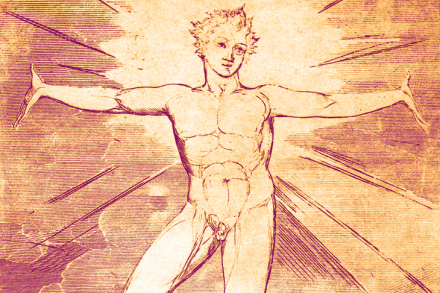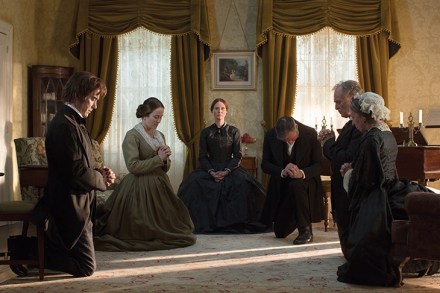A host of feuding poets
The Indian poet Jeet Thayil’s first novel, Narcopolis, charted a two-decade-long descent into the underworlds of Mumbai and addiction. One part de Quincey, one part Burroughs, it was distinguished not just by the sustained beauty and brilliance of its prose but by what must surely rank as a strong contender for the funniest scene in a Theosophy Hall ever written. It was also highly autobiographical and, perhaps just as importantly, deliberately subversive, rejecting the questions of national identity and family that preoccupy most Indian novels that find favour in the West. Something similar might be said about Thayil’s new novel, The Book of Chocolate Saints. At once a metafictional history



















